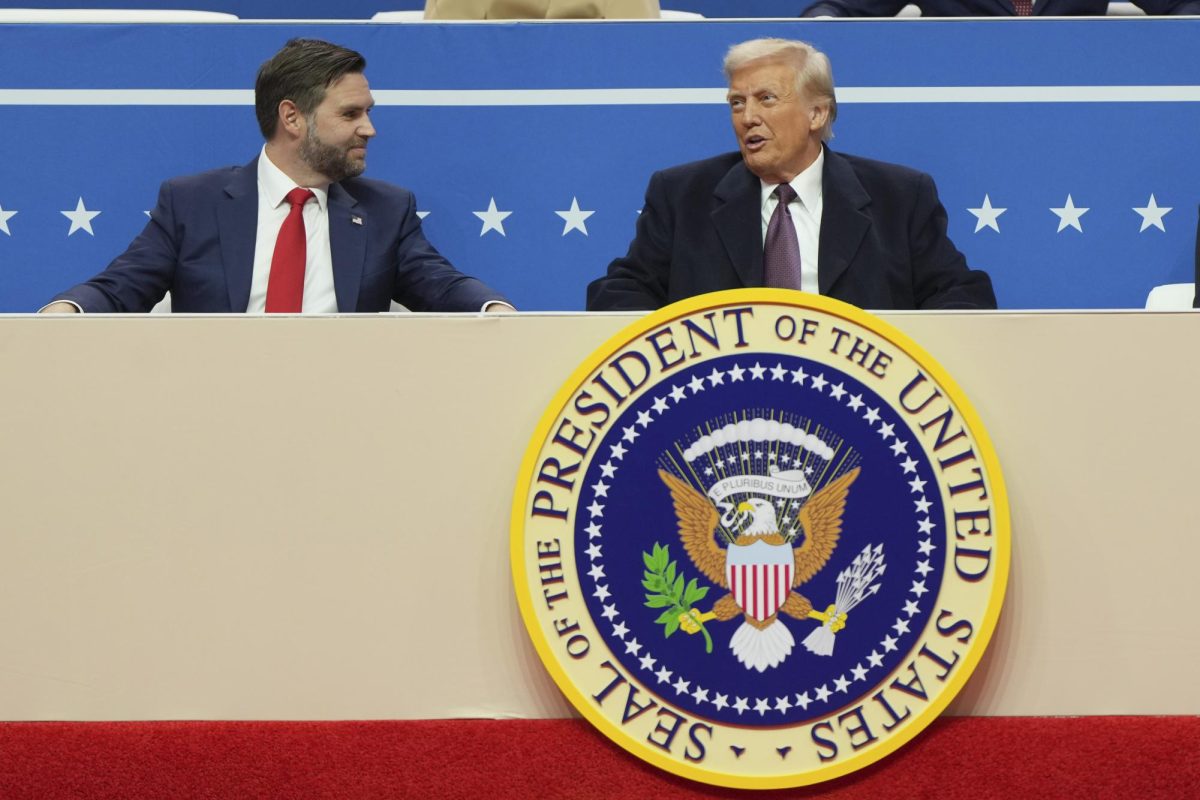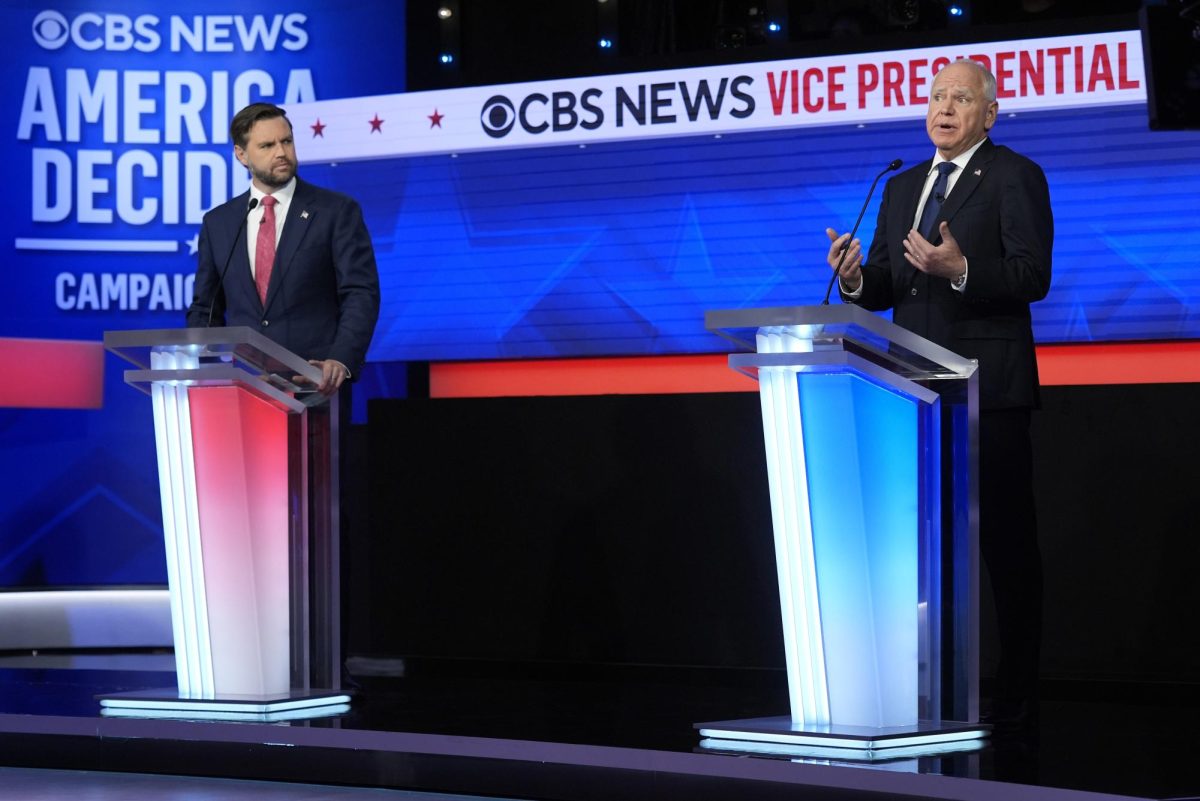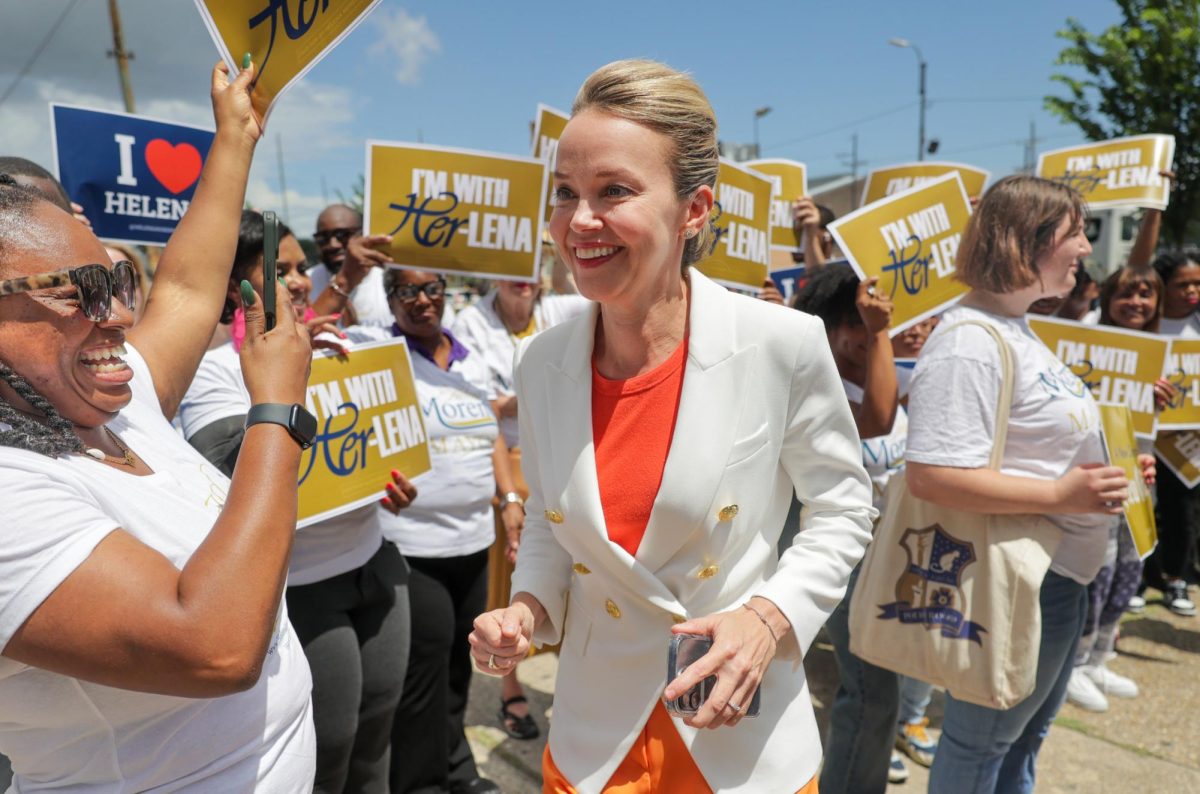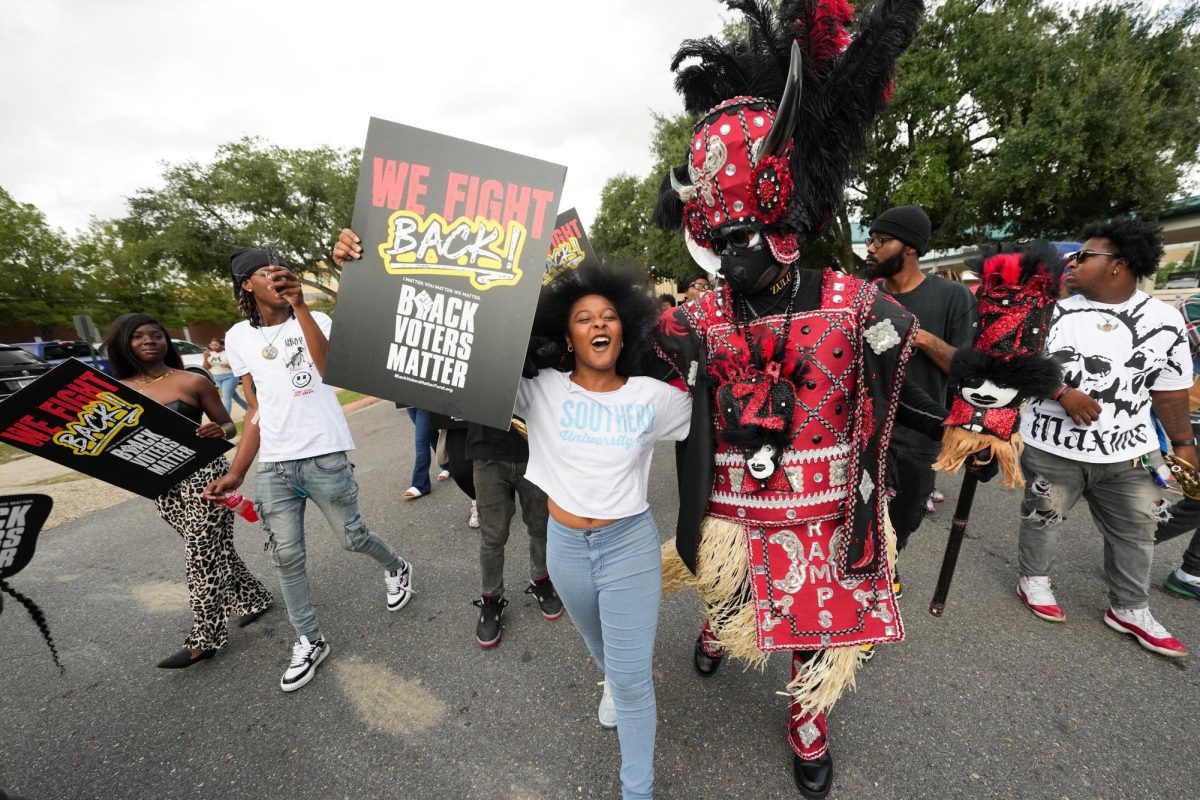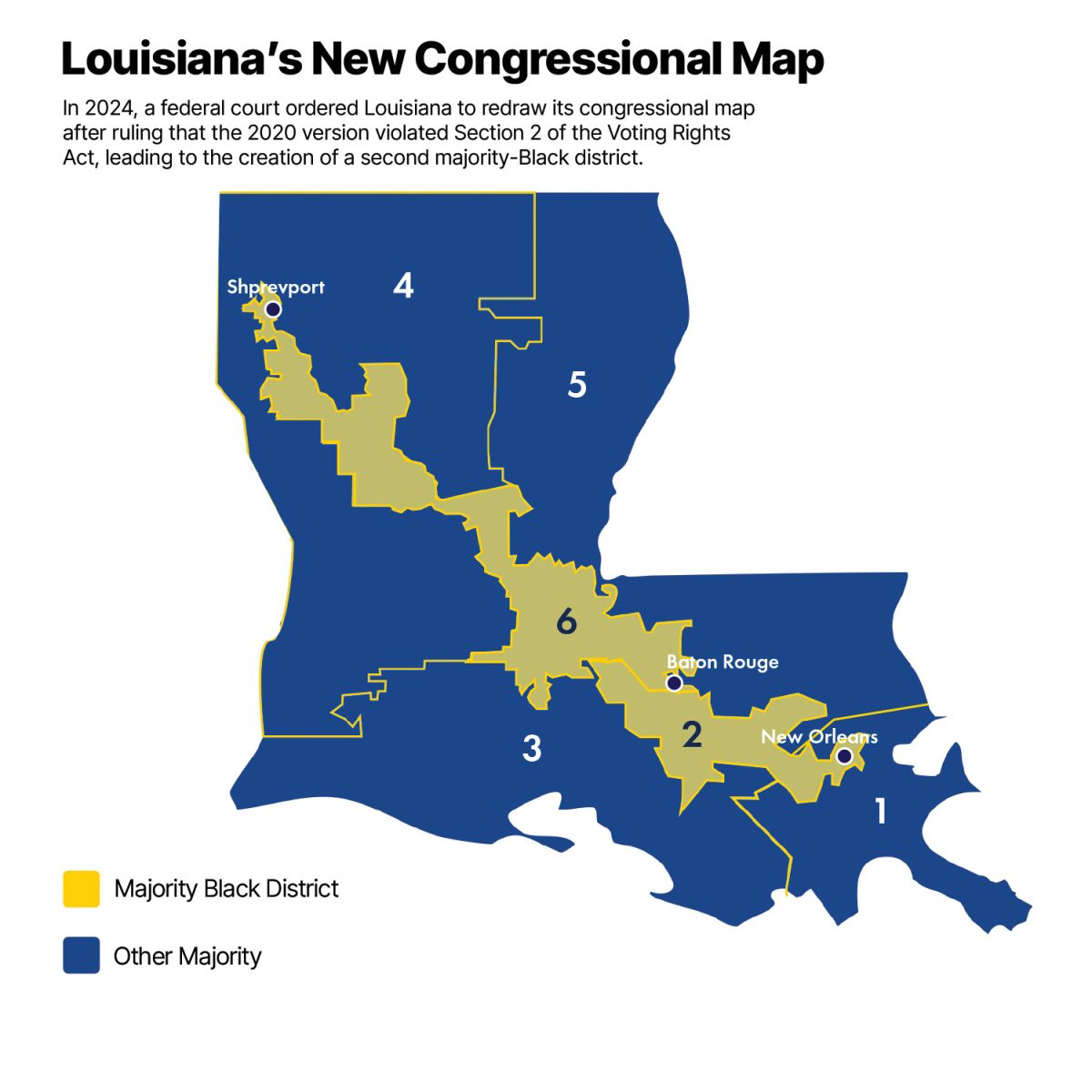Election season is not over in Louisiana.
There will be a runoff election for Louisiana Senate Dec. 10 between Republican John Kennedy and Democrat Foster Campbell after no candidate received at least 50 percent of the vote in the Nov. 8 primary, held alongside the presidential election.
Kennedy finished in first place in the primary, polling with 25 percent of the vote, ahead of Campbell’s second-place finish with 17.5 percent. Republican U.S. Rep. Charles Boustany came in third, followed by Democrat Caroline Fayard in fourth and fellow Republican U.S. Rep. John Fleming in fifth.
The primary was the subject of great attention among media and the public, with nearly two million people coming out to vote. It featured two sitting U.S. congressmen, a former U.S. congressman, the state treasurer and even former Ku Klux Klan leader David Duke. This, along with close polls and the presidential election on the same ballot, provided the backdrop for the race. That is not the case in the runoff.
There are no debates scheduled between Kennedy and Campbell, and polls show Kennedy with a commanding lead. In the most recent poll conducted by the Trafalgar Group, Kennedy was shown with a 58 to 35 lead.
These factors, experts say, signal the chance for a historically low turnout.
“I think it’ll be half, if not less than half [of the number in the primary],” Robert Mann, Louisiana State University journalism professor and former Democratic U.S. Senate press secretary, said. “We’ve never had a race where the turnout was so high that’s going to go so low. It’s going to be a massive drop off.”
Ed Chervenak, University of New Orleans political science professor and WDSU political analyst, believes this race won’t even be on the minds of many people.
“I’d be surprised if people are even aware that there’s an upcoming election,” Chervenak said. “You’ve had all the drama of the presidential election, and now people are just kind of exhaling.”
In any case, Kennedy’s lead in the polls comes in massive contrast to the last time he was in this position in 2008 when he lost the Senate race to incumbent Democrat Mary Landrieu.
But those were different political times, according to Mann.
“It hadn’t been that long since Kennedy had switched parties, and before, he had been a fairly liberal Democrat,” Mann said, referring to Kennedy’s switch from Democrat to Republican in 2007. “Landrieu was able to portray him as a phony, wishy-washy character that couldn’t be trusted. She did a very good job of attacking him with that image, and beat him to the punch.”
Campbell, his Democratic opponent in 2016, doesn’t seem to offer the same competition, Mann said.
“This is a very different race, you know almost 10 additional years, and in that time he’s established himself as a prominent statewide elected official with his own following, and he’s established his credibility as a conservative,” Mann said, which makes it difficult to pull off the attacks Landrieu found so successful eight years ago. “So far I don’t think that Campbell’s really laid a glove on him.”
Chervenak feels that another part of Campbell’s problem is that his message, primarily raising taxes for the wealthy, doesn’t resonate very well in Louisiana today.
“He’s old school, and he’s almost like a museum piece,” Chervenak said. “He’s just bucking the political trend and he’s a populist Democrat in a now reliably red state.”
Campbell doesn’t buy into these criticisms, though, and feels that his distance from special interests are what people should consider when they cast their ballot on Dec. 10.
“I think I can win,” Campbell told The Maroon. “I’m not going up there owned by anybody. The Republicans are going up there and they’ve got an agenda against everything Obama was for. I’m not going to be against anything anybody’s for.”
The election result will decide the final makeup of the U.S. Senate for the first two years of Donald Trump’s term. If Kennedy wins as expected, Republicans will hold a 52-48 majority.



